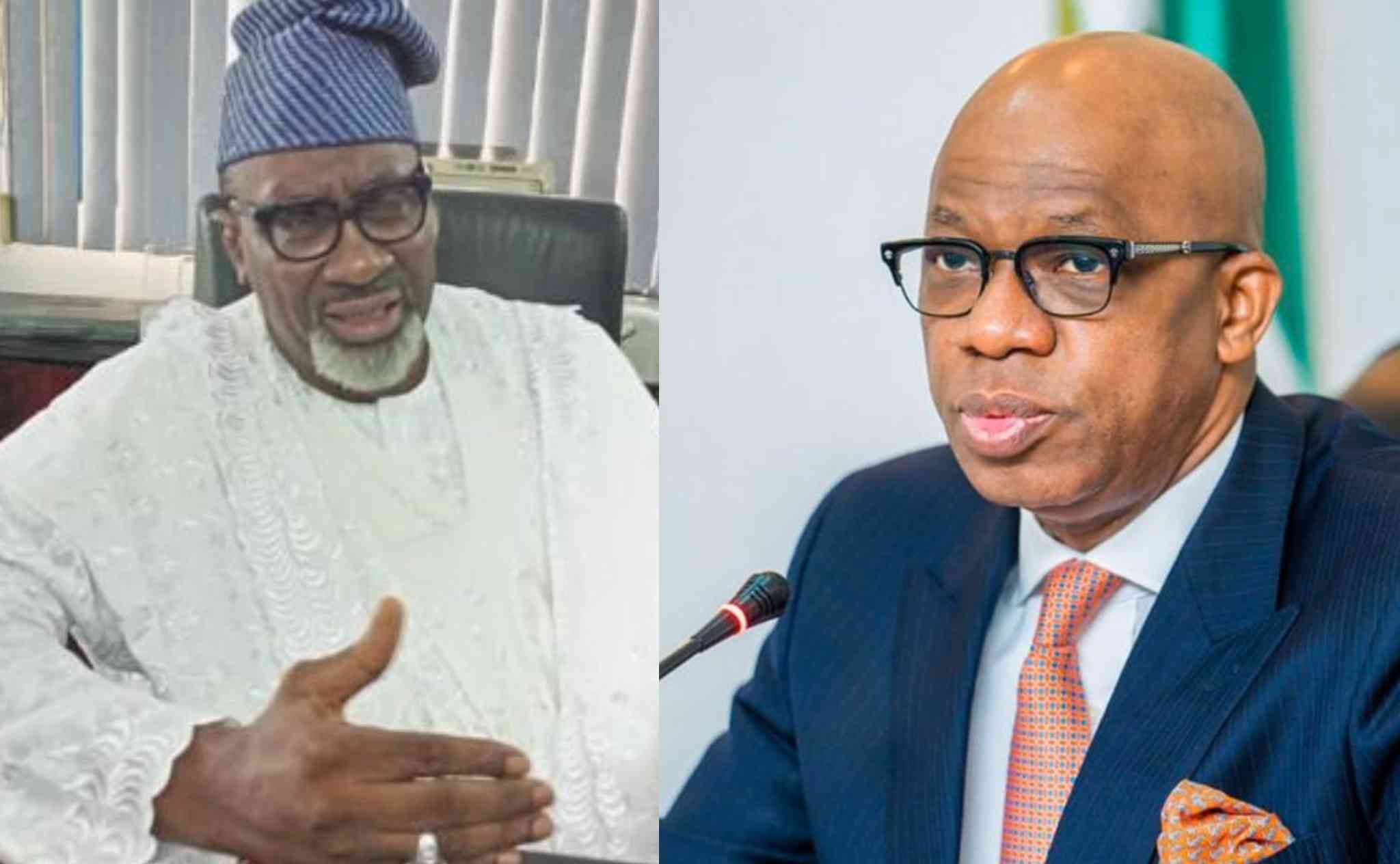The eNaira has the potential to overcome the challenges posed by forex manipulators, and we should embrace this solution. – Abayomi Odunowo.
Forex regulation in Nigeria has been a challenge for quite some time now. The existing system has led to numerous inefficiencies, including the manipulation of exchange rates, black market trading, and the limitation of access to foreign exchange for genuine businesses. This has had a detrimental impact on the economy, hindering potential investments and reducing the overall confidence in the financial system.
The introduction of the eNaira provides an opportunity for the CBN to streamline the forex market and address the existing challenges. The digital nature of the eNaira allows for greater oversight and control, making it easier for the central bank to regulate forex activities. The use of blockchain technology also ensures the security and immutability of transactions, reducing the risks associated with forex trading.
However, for the eNaira to be effective in regulating forex in Nigeria, the CBN must work hard to address various adoption challenges. One of the key challenges is the limited acceptance and usability of the eNaira. To address this, the CBN should focus on increasing the transaction options and infrastructure challenges. This could be achieved through partnerships with merchants and financial institutions to expand the acceptance of eNaira as a form of payment.
A potential method to accomplish this is to recruit Nigerian youths across the country to work as merchants and increase the number of merchants accepting eNaira. This not only creates employment opportunities for the youth but also helps in building a network of eNaira acceptance points across the country. Additionally, the CBN should provide incentives for businesses to adopt eNaira, such as reduced transaction fees and access to financial support.
Furthermore, to ensure the effectiveness of the eNaira in regulating forex, the CBN should focus on enhancing the transparency and oversight of forex transactions. This could be achieved through the implementation of real-time reporting and monitoring systems, allowing the central bank to track and analyze forex transactions more effectively. By doing so, the CBN can identify and address any irregularities or discrepancies in the forex market, promoting a more transparent and efficient system.
The eNaira also holds great potential in facilitating cross-border transactions and trade by providing a digital currency for international payments. This can help in reducing the dependency on foreign currencies and promoting the use of eNaira for international trade, further strengthening the position of the Nigerian currency in the global market.
In conclusion, the policy of using the eNaira to regulate forex in Nigeria is a step in the right direction. The digital currency has the potential to address the inefficiencies and challenges faced in the forex market, promoting a more transparent, efficient, and inclusive financial system. However, the CBN must address the adoption challenges and work towards enhancing the usability and oversight of the eNaira to ensure its effectiveness in regulating forex in Nigeria.
Media Contacts
Otunba Abdulfalil Abayomi Odunowo
National Chairman AATSG
Tel: +2349053535322
Email: [email protected]





